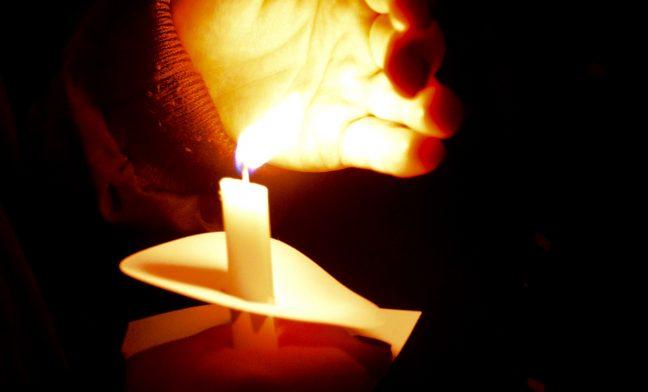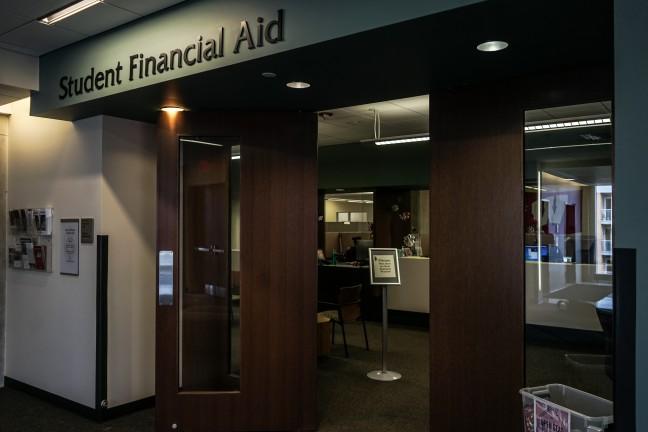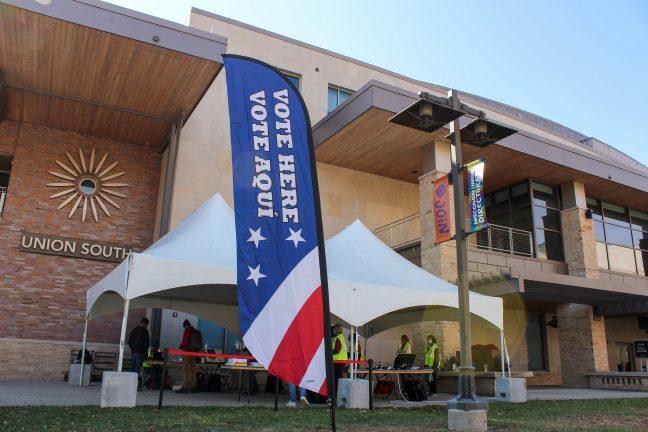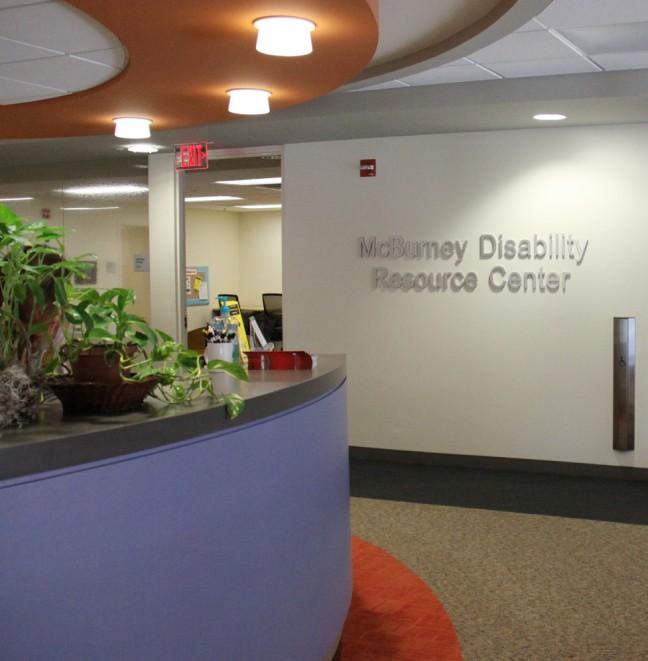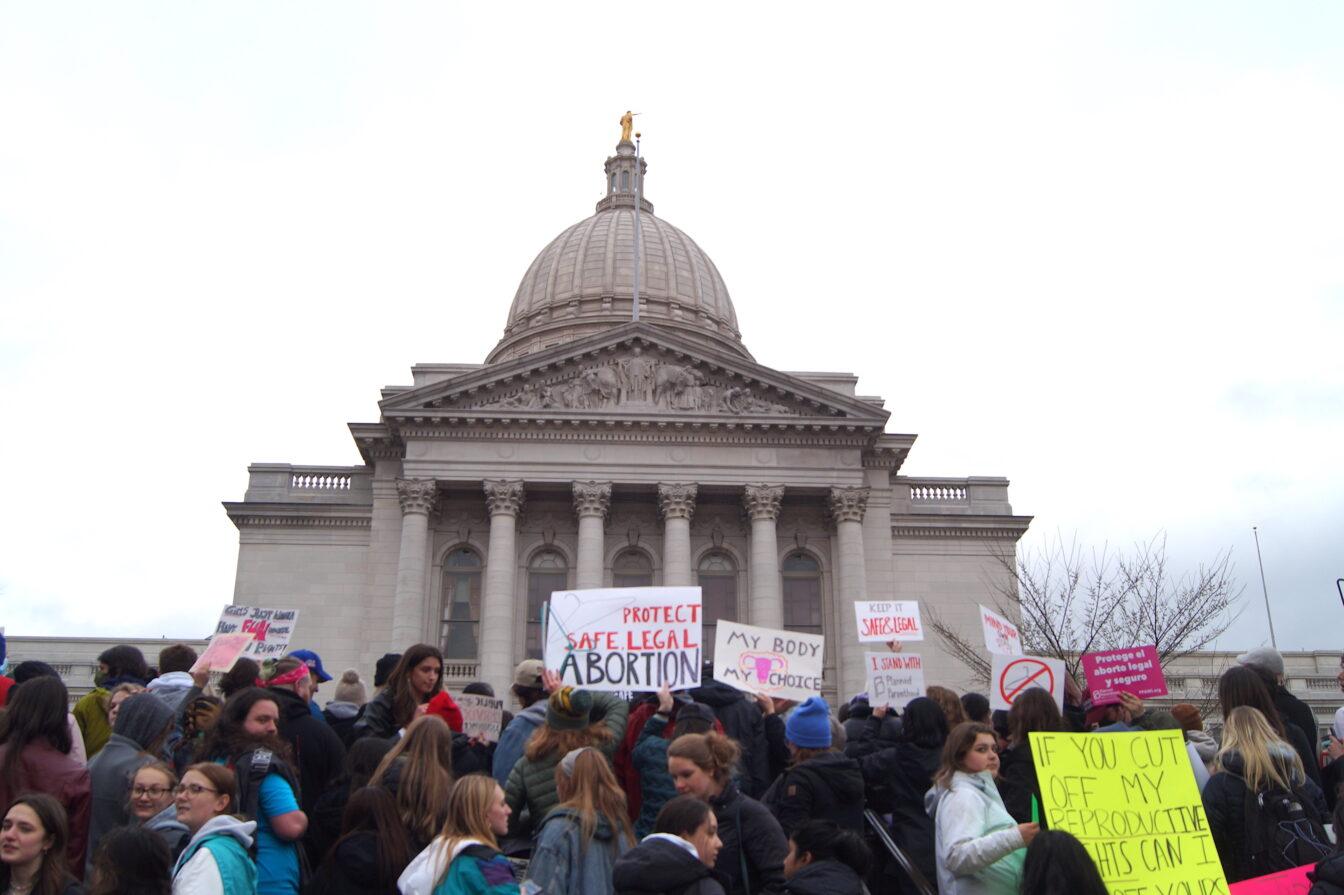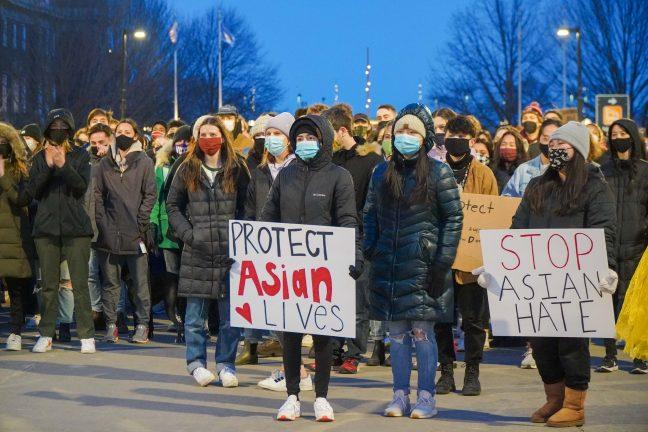Anti-Semitism is an American problem.
We were reminded of this sad truth Saturday morning when we awoke to news the Tree of Life Synagogue of Pittsburgh was under attack. By the time their attacker was in custody, 11 members of the community had perished. It was the deadliest attack on Jewish people in American history, committed by a man who justified his massacre in the language of genocide. In a federal affidavit, the suspect said, “I just want to kill Jews.”
Our Jewish siblings are under attack — we must show up for them. In the face of this violence, the Center for Religion and Global Citizenry encourages the University of Wisconsin student body to love and support its Jewish community. We demand students confront all forms of religious discrimination, wherever they arise in this community. Norms are what this campus makes of them, and when students confront anti-Jewish hate speech and bias, it makes discrimination intolerable. The center acknowledges other religious identities experience discrimination across our nation and on our campus — Muslims, Sikhs, Hindus and Christians are also targets of violence. This is the most recent iteration of the terrorism that has traumatized communities from Oak Creek, Wisconsin, to Charleston, South Carolina.
The killer, Robert Bowers, turned himself and his weapons into law enforcement after a shootout that left Bowers and four officers injured. He has since been linked to profiles in the social media forum Gab, which is known as a hub for white supremacists. Among his posts are anti-Jewish slurs, anti-immigrant memes and conspiracy theories. In one post he claimed Jews are “the enemy of white people.” Gab tolerates speech Facebook and Twitter will not, making it attractive to users who are banned from other sites for hate speech.
Raising issues with controversial opinions better than silencing them to avoid offense
“People who have tamped down their anti-Semitic proclivities may feel more liberated to express them than before,” Aryeh Tuchman, associate director of the Center on Extremism at the Anti-Defamation League, said. The president of the Rabbinical Society of America claimed these groups have been “emboldened by speech which is often disrespectful and hateful.” This violence is the result of hate speech left unconfronted.
Anti-Jewish hate crimes are on the rise, according to the Anti-Defamation League. In 2016, the Anti-Defamation League reported 1,267 cases of anti-Jewish harassment, vandalism and assault. In 2017, the number of cases reached almost 2,000.
Panel discusses how history of racism, white supremacy played role in Charlottesville
Data from our community reflects this trend. In 2017, UW reported more hate crimes in 2016 than any year previously recorded. Of the 20 hate crimes reported by campus police, 14 crimes targeted people based on their religion. In all 14 crimes, the targets were Jews.
On the eve of last year’s Rosh Hashanah, the Jewish New Year, swastikas and “Trump Rules” was scrawled on a monument outside the Gates of Heaven synagogue in Madison. Erected in 1863, Gates of Heaven is one of the oldest Jewish congregations in the country. In 2016, the #TheRealUW movement exposed numerous cases of anti-Jewish harassment as it called out racism, xenophobia, transphobia and homophobia in our campus community.
This student body needs to show up for its Jewish members. Showing up means confronting hate speech and religious discrimination against all groups. Showing up means asking how it can help its Jewish members when they are the victims of hate crimes. It is not enough to say hate has no home here. Showing up means acknowledging that there is hate and confronting it where it arises.
Help The Badger Herald in documenting hate, bias incidents on campus
Education is a crucial part of showing up, and the Center for Religion and Global Citizenry will be sponsoring events to educate students about spiritual and secular traditions besides their own. We hope that improving religious literacy and fostering tolerance will continue to make discrimination and hate speech intolerable. It is only through dialogue, education and confrontation this body will be in solidarity with its Jewish siblings and its members who face religious discrimination.
Showing up isn’t an option — it is an obligation. Because anti-Semitism is a Wisconsin problem, too.
Sam Ropa is a senior majoring in geography and anthropology. He is also a fellow with the Center for Religion and Global Citizenry.


